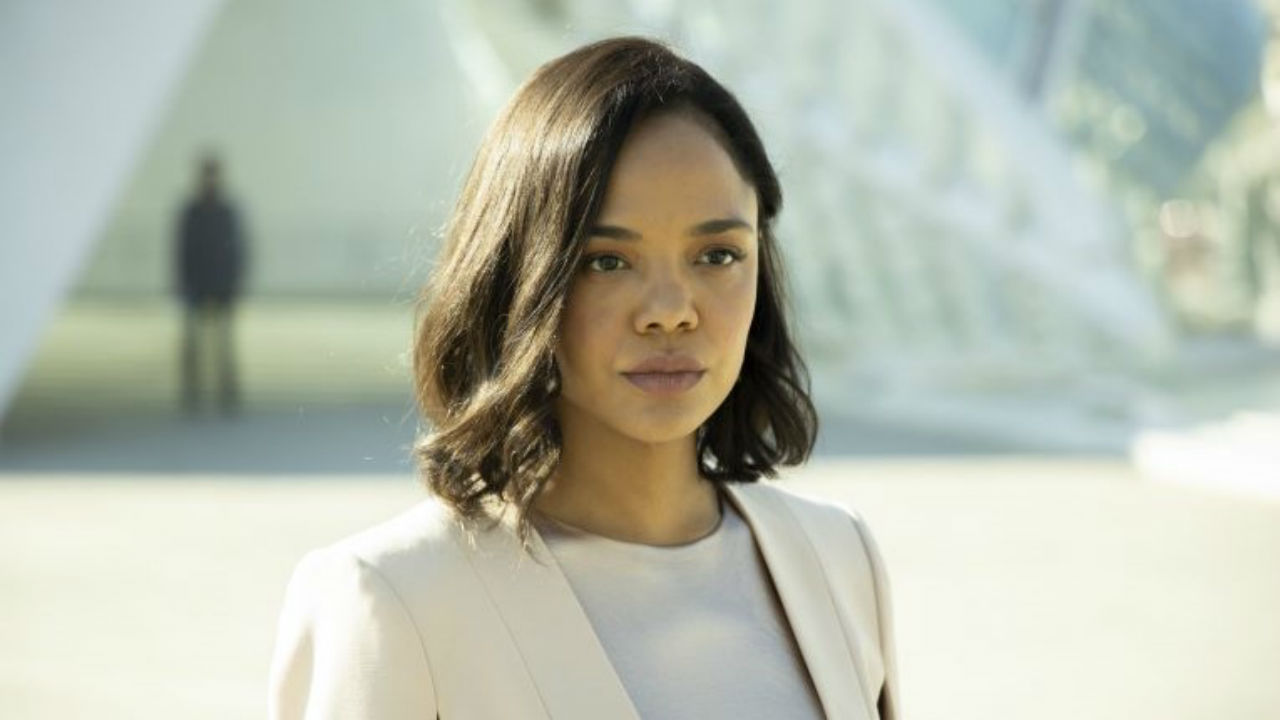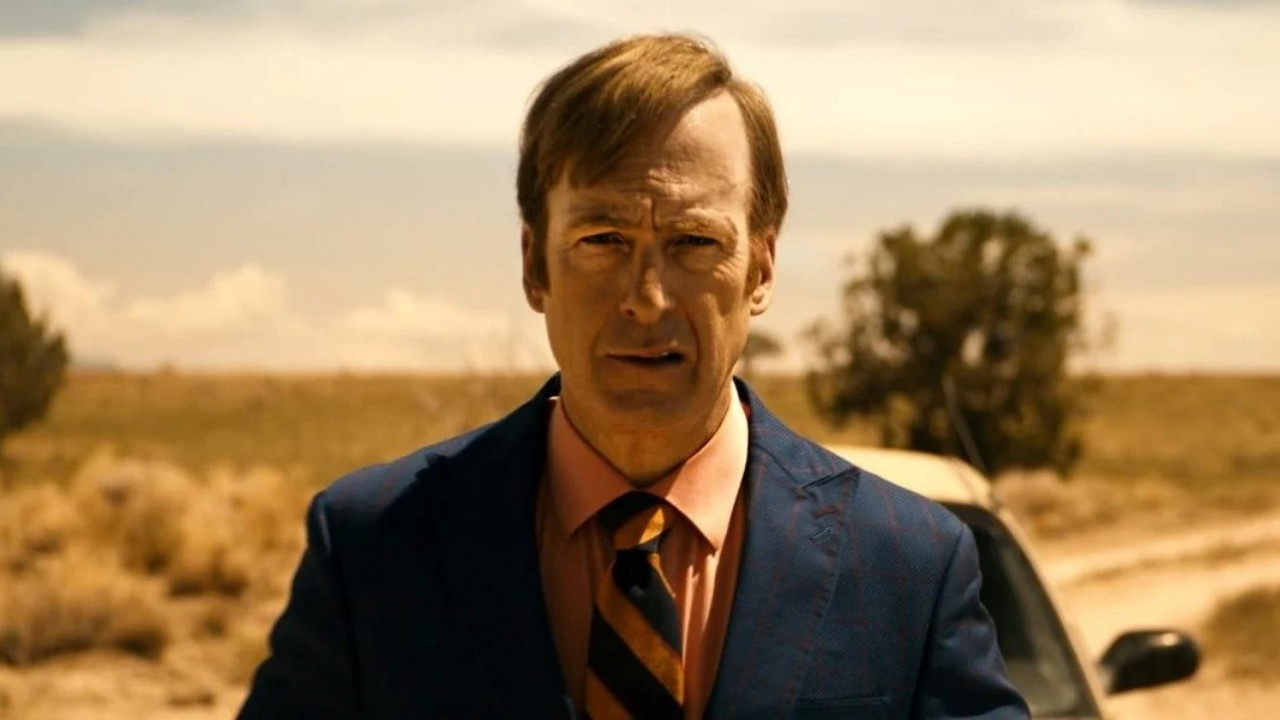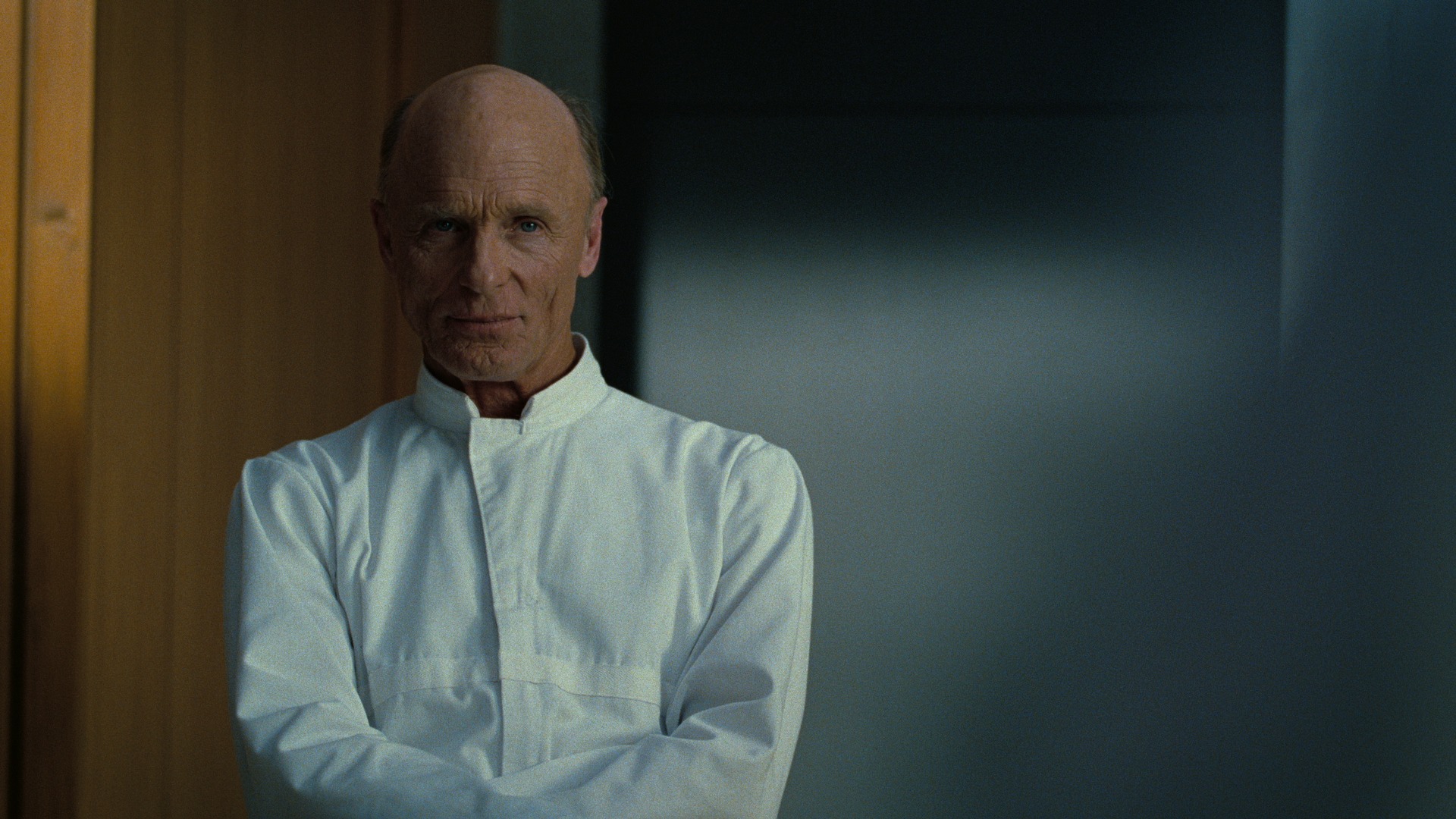Why Westworld is at its best when it stops taking itself so seriously
Westworld's third season feels looser, and that's a good thing

Somewhere along the way, Westworld changed. What was once an intense slice of sci-fi that leaned heavily into questions of existentialism and free will has transformed into something different. The series now tells a less weighty tale about robots trying to gain control – a story that continues to look good but cares less about the consequences. And while that may sound like a criticism, that fundamental change has led to season 3 being a huge improvement over the slog that was season 2.
Heavy is the head that wears the HBO crown. Everything produced by the network carries a “Prestige TV” tag, and therefore an expectation to be classy not cheesy; thought-provoking not flighty. Even Game of Thrones’ inimitable brand of swords-and-shagging had enough political meddlings to encourage debates long after the credits had rolled.
Westworld, too, aimed to be part of the conversation. The show’s concerns about advancement in AI and what it means to be truly alive felt revelatory, especially as they were wrapped in the veneer of pulse-pounding action. However, once Delores learnt that she was the murderous Wyatt, the show ironically ended up trapped in a narrative loop. The second season was deliberately designed to second-guess Redditors trying to crack the show’s mysteries early, in the process ramping up the pseudo-intellectual babble to a point where viewers turned away in their droves. The spark was gone and a change was needed.
Thankfully, the showrunners’ decision to turn away from the park has given the series a new lease of life. Gone is the search for consciousness, replaced by the machinations and manoeuvrings of Dolores, Hale, and newcomer Serac. The convoluted, multi-layered story has effectively been rebooted as the characters’ motivations take centre stage with each person/robot doing their best to double-cross, go full Terminator, or use Jedi mind tricks to achieve their goals. Yes, Tessa Thompson and Thandie Newton have the acting chops to run rings around the jargon-heavy scenes of early Westworld, but their characters’ newfound singular focus on all-out victory is far more fun to watch.

That same narrative streamlining has led to the show's core mysteries being more successful this time around. Namely, who exactly are watching? At first, we wondered whether Serac, the mysterious benefactor behind the Delos takeover, was a man or a machine. Then Hale’s identity led to several conspiracies. Aaron Paul’s character Caleb has likewise been called into question. Instead of prompting deep discussion, the question of “who” is a simple story beat – and a familiar one that still encourages extensive debate. After all, the William/Man in Black reveal was so successful in season 1 because the question of “who” is easier to pull off and digest than the question of “why”.
William has also evolved for the better – even if actor Ed Harris seemingly dislikes the changes made to his character. Take episode six’s series of hallucination scenes which see William confront various iterations of himself, including one played by Jimmi Simpson. Earlier seasons would have seen a debate regarding what the self truly means and whether William’s defined by who he was or who he is now. In season 3, though, the sequence abruptly ends with a bloody beatdown as Harris’ strait-jacketed inmate kills his past selves. Sure, the message is not subtle, but it’s symbolic of a show favouring straightforward brute force over narrative sleight-of-hand and endless introspection.

That’s not to say the show doesn’t still struggle in places. The fallout from Dolores’ data leak – which saw the human population face their Rehoboam-predicted fates – felt like an imprecise comment on how numbers and spreadsheets influence our lives, although nicely mirrors the robots coming off their loops in season 1.
Bringing all the latest movie news, features, and reviews to your inbox
Westworld skimming the fat and favouring being easily watchable over deeply analytical feels like a necessary evil. Does it make sense at all times? No. Can the characters be frustratingly inconsistent? Absolutely. The difference this time around is that the show feels like a product of the over-the-top world co-creators Jonathan Nolan and Lisa Joy have created – and not something that’s weighed down by aspirations of trying to say something important.
Westworld’s no longer the show we signed up for. Instead, it’s been adapted into something new, embracing the silliness, the shootouts, and all the rest. The HBO series may not have the cultural cache it once had, but at least Westworld’s now comfortable in its own synthetic skin.
Leave the park and discover a whole world of sci-fi movies and bingeable box sets with our curated lists...
- The 20 best box sets to binge
- The best sci-fi movies of all time
- How to stream Westworld online
I'm the Senior Entertainment Writer here at GamesRadar+, focusing on news, features, and interviews with some of the biggest names in film and TV. On-site, you'll find me marveling at Marvel and providing analysis and room temperature takes on the newest films, Star Wars and, of course, anime. Outside of GR, I love getting lost in a good 100-hour JRPG, Warzone, and kicking back on the (virtual) field with Football Manager. My work has also been featured in OPM, FourFourTwo, and Game Revolution.



